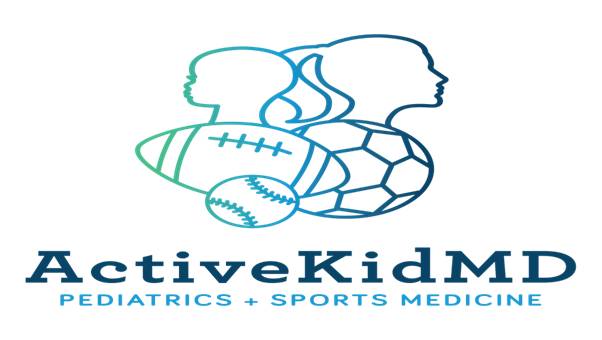Chocolate Milk: A Solid Post-Game Snack Choice
Looking for an inexpensive post-exercise or post-game snack that aids in muscle recovery, delivers several key nutritional components, tastes pretty good, and will make both young athletes and their parents happy with your choice?
Look no further than chocolate milk.
Now, some might say that I have an inherent bias towards chocolate milk due to my medical school and residency years in the dairy state of Wisconsin followed by work in California (another prime milk producing region).
However, when one looks at the science, chocolate milk carries a fair amount of support.
- Chocolate milk has about 26 grams of carbohydrate and 8 grams of protein for a carbo:protein ratio that is fairly close to the 4:1 figure touted by experts to provide necessary substrates for glycogen replenishment and muscle/tissue repair after exercise.
- Reviews comparing chocolate milk to other recovery drinks including water or sports beverages found that chocolate milk may be as effective if not superior in promoting post-exercise recovery specifically by increasing post-exercise muscle protein building with an increased time to exhaustion with exercise.
- Chocolate milk can be viewed as a more accessible and more affordable recovery beverage for many athletes, taking the place of more expensive commercially available recovery beverages.
What's even more exciting is that not only does one get the benefits of post-exercise carbohydrate (this is one form of carbohydrate intake that can be endorsed even by a low carb diet advocate such as me) and protein, but let's not fail to mention other essential nutrients found in chocolate milk:
- With about 150 milligrams of sodium and 425 milligrams of potassium in a typical 8 ounce serving. chocolate milk can replace sweat losses of these key elements.
- Chocolate milk also contains about 300 milligrams of calcium that is more easily absorbed that other forms of calcium in food or supplements. Given the importance of adequate calcium intake especially for teenage females (about 1500 milligrams/day), chocolate milk can provide a significant daily contribution.
- Vitamin D fortified chocolate milk can provide 100 international units of Vitamin D/8 ounce serving to acts as a key component for bone health.
So when it comes time for your post-game snack duty, or if looking for a favorable post-exercise recovery beverage, again, look no further than chocolate milk and don't forget to take in a few final key thoughts:
- Best to drink chocolate milk within 30 minutes of finishing exercise.
- Low fat chocolate milk has been studied the most, though overall fat content should not affect carbo:protein ratio or amount of other nutrients.
- If cannot tolerate or allergic to cow-based milk, can try alternatives such as almond, soy, or rice milk products.
- Best if served cold to enhance enjoyment.

